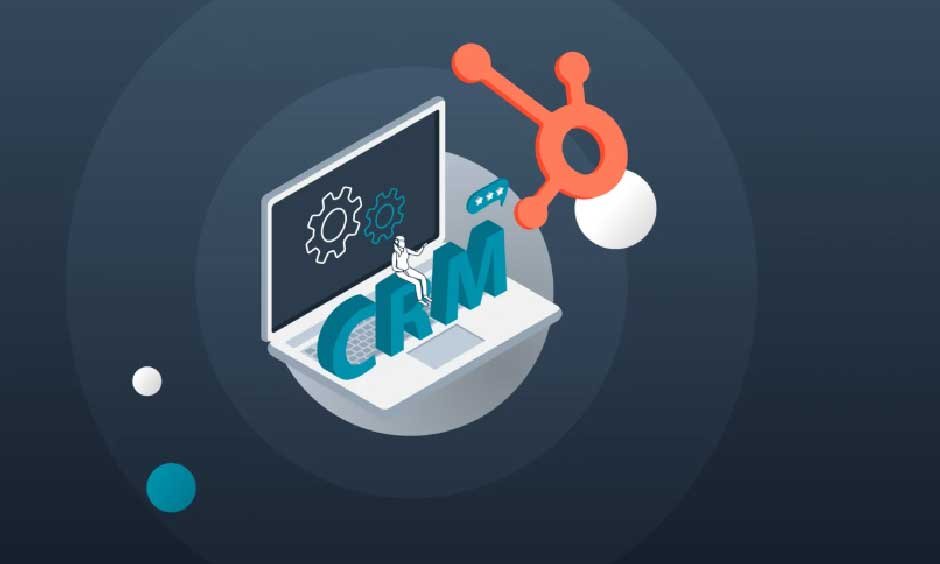Skip to the good bit
ToggleSelecting the right Customer Relationship Management (CRM) system is a crucial decision for any business. A well-chosen CRM can streamline operations, improve customer relationships, and drive growth. However, with countless options available, finding the perfect fit for your organization can feel overwhelming. This guide will walk you through key considerations to help you make the best choice for your business needs.
Understanding Your Business Needs
The first step in selecting a CRM is understanding your specific business requirements. Every company has unique goals, workflows, and challenges, so there’s no one-size-fits-all solution. Start by asking these critical questions:
- What are the primary goals you want to achieve with a CRM (e.g., improved customer service, streamlined sales processes, or enhanced marketing efforts)?
- What features are essential for your business (e.g., task automation, lead tracking, or analytics)?
- How many users will need access to the CRM, and what roles will they play?
Clearly identifying your needs will help you narrow down your options and focus on systems that align with your objectives.
Evaluating Key CRM Features
A high-quality CRM should offer features that improve efficiency and support your goals. Here are some of the most important features to look for:
- Ease of Use: The CRM should have an intuitive interface to encourage adoption among your team. If a system is too complex, it may go underutilized.
- Customization Options: Choose a CRM that can be tailored to your specific workflows and business processes.
- Automation Capabilities: Automation features, such as email follow-ups and task assignments, can save time and ensure consistency.
- Analytics and Reporting: Robust reporting tools provide valuable insights into customer behavior and business performance.
- Integration: The CRM should integrate seamlessly with existing tools, such as marketing software, accounting systems, or communication platforms.
Budget Considerations
While it’s tempting to go for the most feature-packed CRM, it’s essential to consider your budget. CRMs come in a wide range of pricing models, from affordable options for small businesses to premium solutions for large enterprises. Assess the total cost, including setup fees, subscription costs, and potential add-ons, to ensure the system fits within your budget.
Scalability and Flexibility
Your business is likely to grow and evolve over time, so your CRM must be able to adapt. Opt for a system that can scale with your business by accommodating more users, handling increased data, and offering additional features as needed. A scalable CRM protects your investment and prevents the need for a costly system overhaul down the line.
Trying Before You Buy
Most CRM providers offer free trials or demos. Take advantage of these opportunities to test different systems and involve your team in the evaluation process. This hands-on approach helps you determine whether a CRM meets your needs and fits your team’s workflow.
Learning from Industry Experts
Renowned CRM specialists like Derek Gleeson emphasize the importance of aligning a CRM system with your business strategy. According to Gleeson, “A CRM is not just a tool; it’s a critical component of your overall business success.” Learning from experts can provide valuable insights into what works and what doesn’t when implementing a CRM system.
Popular CRM Options to Consider
While there are many CRM platforms available, some popular options include:
- HubSpot CRM: Known for its user-friendly interface and free plan, it’s ideal for small businesses.
- Salesforce: A powerful, feature-rich platform suitable for larger enterprises.
- Zoho CRM: Offers a balance of affordability and functionality, making it a great choice for growing businesses.
- Pipedrive: Focused on sales pipeline management, it’s excellent for sales-driven teams.
Research each platform’s pros and cons to find the one that best aligns with your business needs.
Final Thoughts
Choosing the right CRM for your business is a strategic decision that can significantly impact your operations and customer relationships. By understanding your needs, evaluating essential features, considering your budget, and seeking expert advice, you can select a CRM that supports your goals and drives long-term success. Remember, a well-implemented CRM isn’t just a tool—it’s the foundation for a thriving business.







